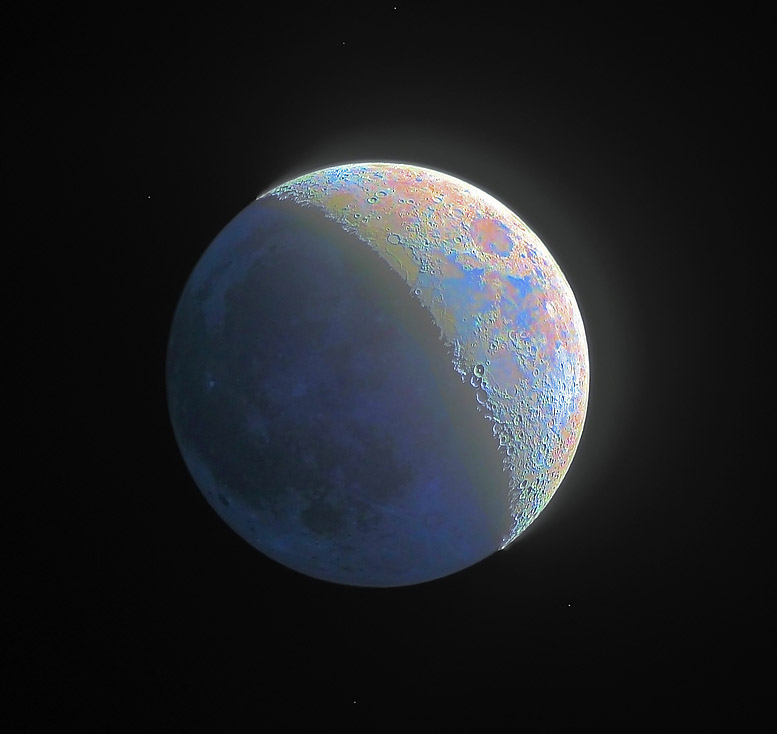Difference between revisions of "March 20, 2013"
| Line 1: | Line 1: | ||
__NOTOC__ | __NOTOC__ | ||
=Fruity Mats= | =Fruity Mats= | ||
| − | |||
<!-- ws:start:WikiTextHeadingRule:0:<h1> --> | <!-- ws:start:WikiTextHeadingRule:0:<h1> --> | ||
<!-- ws:start:WikiTextLocalImageRule:6:<img src="/file/view/LPOD-Mar20-13.jpg/416293254/LPOD-Mar20-13.jpg" alt="" title="" /> -->[[File:LPOD-Mar20-13.jpg|LPOD-Mar20-13.jpg]]<!-- ws:end:WikiTextLocalImageRule:6 --><br /> | <!-- ws:start:WikiTextLocalImageRule:6:<img src="/file/view/LPOD-Mar20-13.jpg/416293254/LPOD-Mar20-13.jpg" alt="" title="" /> -->[[File:LPOD-Mar20-13.jpg|LPOD-Mar20-13.jpg]]<!-- ws:end:WikiTextLocalImageRule:6 --><br /> | ||
| − | <em>image from [mailto:jupiter182002@yahoo.ca/ Maximilian Teodorescu], Dumitrana (Ilfov), Romania</em><br /> | + | <em>image from [mailto:jupiter182002@yahoo.ca/" rel="nofollow Maximilian Teodorescu], Dumitrana (Ilfov), Romania</em><br /> |
<br /> | <br /> | ||
Max is never satisfied. After experimenting with HDR imaging - taking multiple images, each with a different exposure, and then combining them to create an image properly exposed for light and dark areas, he now combines that with extreme color saturation to make a very pleasing image that somehow looks like an exotic pastel fruit. This could be one of the Earth-size planets now being discovered around other stars. It is much younger than the Earth, being about 800 million years old, and its solid surface still bears the impact scars of accretion. Large parts of the surface are covered with microbial mats that pump out oxygen, well, excrete would be a more accurate term. Most of the mats are iron-rich and have been rusted to hues of orange by the oxygen. The blue areas are open seas where blue-green algae live, and perhaps some day swimming creatures will evolve, if this world follows Earth's pattern. <br /> | Max is never satisfied. After experimenting with HDR imaging - taking multiple images, each with a different exposure, and then combining them to create an image properly exposed for light and dark areas, he now combines that with extreme color saturation to make a very pleasing image that somehow looks like an exotic pastel fruit. This could be one of the Earth-size planets now being discovered around other stars. It is much younger than the Earth, being about 800 million years old, and its solid surface still bears the impact scars of accretion. Large parts of the surface are covered with microbial mats that pump out oxygen, well, excrete would be a more accurate term. Most of the mats are iron-rich and have been rusted to hues of orange by the oxygen. The blue areas are open seas where blue-green algae live, and perhaps some day swimming creatures will evolve, if this world follows Earth's pattern. <br /> | ||
<br /> | <br /> | ||
| − | <em>[mailto:tychocrater@yahoo.com Chuck Wood]</em><br /> | + | <em>[mailto:tychocrater@yahoo.com" rel="nofollow Chuck Wood]</em><br /> |
<br /> | <br /> | ||
<strong>Technical Details</strong><br /> | <strong>Technical Details</strong><br /> | ||
| Line 14: | Line 13: | ||
<br /> | <br /> | ||
<strong>Related Links</strong><br /> | <strong>Related Links</strong><br /> | ||
| − | Maximus Photography [http://maximusphotography.wordpress.com website]<br /> | + | Maximus Photography [http://maximusphotography.wordpress.com" rel="nofollow website]<br /> |
<br /> | <br /> | ||
<hr /> | <hr /> | ||
Revision as of 22:43, 4 January 2015
Fruity Mats

image from " rel="nofollow Maximilian Teodorescu, Dumitrana (Ilfov), Romania
Max is never satisfied. After experimenting with HDR imaging - taking multiple images, each with a different exposure, and then combining them to create an image properly exposed for light and dark areas, he now combines that with extreme color saturation to make a very pleasing image that somehow looks like an exotic pastel fruit. This could be one of the Earth-size planets now being discovered around other stars. It is much younger than the Earth, being about 800 million years old, and its solid surface still bears the impact scars of accretion. Large parts of the surface are covered with microbial mats that pump out oxygen, well, excrete would be a more accurate term. Most of the mats are iron-rich and have been rusted to hues of orange by the oxygen. The blue areas are open seas where blue-green algae live, and perhaps some day swimming creatures will evolve, if this world follows Earth's pattern.
" rel="nofollow Chuck Wood
Technical Details
March 17, 2013; 17:51 U.T. 65mm Refractor (420mm focal length), Canon 550D at prime focus, ISO 100, 20 frames with exposure times from 1/125s to 10 seconds.
Related Links
Maximus Photography " rel="nofollow website



